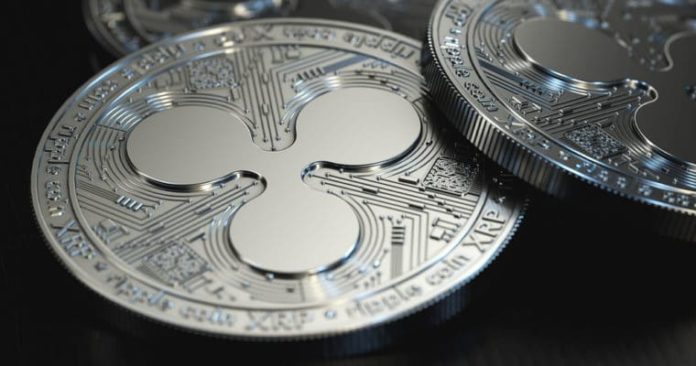[ad_1]
On December 7, Coinbase, a leading crypto-to-fiat exchange, announced it is exploring 31 crypto assets to integrate into its exchange.
One of the cryptocurrencies the exchange has been looking into is Ripple (XRP), the second most valuable asset in the cryptocurrency market with a market valuation of over $12 billion.
Although Coinbase expressed its intent to list XRP in the future, the majority of investors in the global Ripple community were not satisfied by it because of the firm’s listing of four digital assets including Decentraland (MANA) this month.
So what exactly is holding Coinbase back from listing Ripple while listing small market cap cryptocurrencies and ERC20 tokens?
Federal Court Case
Earlier this week, Dan Romero, the vice president and general manager at Coinbase, stated that the company wants to eventually list 90 percent of legally compliant assets as long as they are above a certain quality bar.
He emphasized that like a traditional stock market, the company wants to provide users with as many selections as possible to allow users to decide which cryptocurrencies to invest in.
Romero said:
“Our recent shift in strategy is really driven by customers. When we asked customers the number one thing they want, they told us it’s adding new cryptocurrencies to the platform. With a traditional stock exchange, they list everything above a certain quality bar. And ultimately investors and individuals make decisions on what to invest.”
With the newly established priority of Coinbase to add new assets, many Ripple investors questioned the inability of the exchange to add XRP, given that it is the second biggest cryptocurrency in the world ahead of Ethereum (ETH).
The cautious approach of Coinbase towards the integration of XRP could be influenced by the pending federal court case between Ripple Labs and a group of investors alleging the asset to be a security.
Recently, the class action lawsuit filed against Ripple Labs was brought before the federal court of the U.S., and the case will be monumental in establishing the regulatory nature of XRP once and for all.
If the U.S. Securities and Exchange Commission (SEC) deems XRP as a security and Ripple Labs challenges it, it also has to go through the federal court. Hence, even for the U.S. SEC, it’s possible that there currently exists no alternative but to await the results of the pending case.
As Jake Chervinsky, a U.S.-based attorney, said recently:
“The question I get most frequently: ‘do you think XRP is a security?’ Unfortunately, I can’t answer without giving legal advice. Even if I could, I’d only be speculating about what a judge or jury may decide and what Ripple is willing to accept in a settlement. Just have to wait,” Chervinksy said.
Likely No Decision Until Court Case Ends
Until the federal court decides whether XRP is a security or not, major crypto exchanges will likely not take the risk of integrating XRP, even if the exchanges believe XRP is not a security.
Update 12/13: A previous version of this article incorrectly attributed a quote from attorney Jake Chervinsky to SEC Chairman Jay Clayton. We regret this error.
Featured image from Shutterstock.
[ad_2]
Source link
